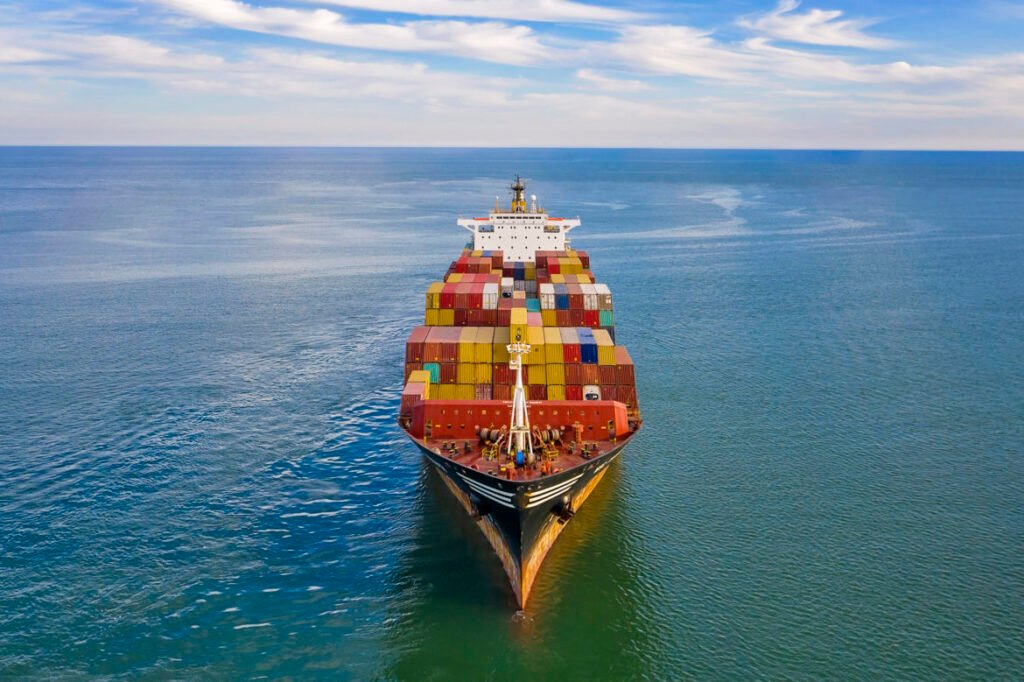Pakistan Launches First-Ever Direct Cargo Vessel to Bangladesh, Strengthening Regional Trade

In a historic milestone for regional commerce, Pakistan’s first-ever direct cargo vessel has successfully reached the port of Chittagong, Bangladesh. This marks the beginning of a direct maritime connection between the two countries, aimed at enhancing bilateral trade and fostering economic integration across South Asia. The landmark development promises to streamline supply chains, reduce transit times, and unlock new trade opportunities for businesses in both nations.
Key Highlights of the Direct Shipping Route
- Streamlined Supply Chains: The direct route between Karachi and Chittagong eliminates the need for transshipment via third-party countries, significantly reducing transit times and logistical complexities.
- Increased Capacity: The maiden voyage carried an estimated 2,300 TEUs (Twenty-Foot Equivalent Units) of diverse goods, reflecting the growing demand for direct trade between Pakistan and Bangladesh.
- Economic Significance: The direct maritime link not only enhances trade flows but also reduces transportation costs, providing a competitive edge for exporters and importers.
Strengthening Pakistan-Bangladesh Trade Relations
Pakistan’s High Commissioner to Bangladesh, Syed Ahmed Maroof, lauded the initiative as a major leap forward in bilateral ties. He highlighted the broader implications of this connection, emphasizing its potential to:
- Enhance Existing Trade: With improved logistics, trade in goods such as textiles, pharmaceuticals, and agricultural products is expected to accelerate.
- Create New Opportunities: Small and medium enterprises (SMEs) on both sides stand to benefit from easier market access and reduced transportation costs.
- Promote Regional Integration: This route paves the way for greater collaboration not only between Pakistan and Bangladesh but also within the South Asian region.
Impacts on Regional Trade and Connectivity
The direct shipping route aligns with broader efforts to enhance connectivity and economic collaboration in South Asia. Its impacts include:
- Faster Transit Times: Direct shipping cuts transit times significantly, enabling faster delivery of goods, which is critical for perishable and high-demand products.
- Reduced Costs: By avoiding third-party ports, businesses save on transshipment fees and additional handling costs, making trade more cost-efficient.
- Strengthened Supply Chain Resilience: The direct connection offers a reliable and predictable shipping option, reducing dependency on congested transshipment hubs.
Future Prospects for Bilateral Trade
The direct maritime link between Pakistan and Bangladesh is expected to drive significant growth in bilateral trade volumes. Current trade between the two countries stands at approximately $800 million annually, with potential for substantial expansion in sectors like textiles, chemicals, machinery, and food products. This development could also encourage foreign investment, given the improved trade logistics and connectivity.
Moreover, the success of this venture may inspire similar initiatives with other regional partners, further strengthening Pakistan’s trade network in Asia.
Conclusion: A Historic Step Towards Regional Prosperity
The launch of the direct cargo vessel between Pakistan and Bangladesh is more than just a logistical improvement; it is a testament to the growing economic cooperation between the two nations. This initiative promises to boost trade, create opportunities for businesses, and contribute to the broader vision of a connected and economically integrated South Asia.
As trade routes expand and strengthen, both Pakistan and Bangladesh are poised to reap the benefits of increased commerce, stronger bilateral relations, and regional collaboration. This historic first voyage is a promising start toward a brighter, more connected future.










